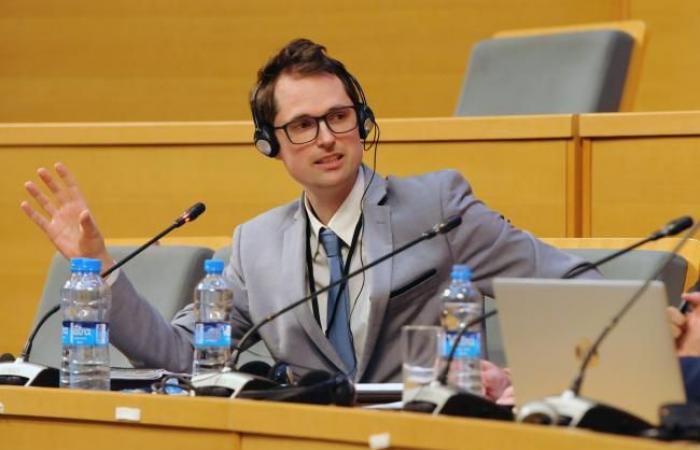English expert William Davis revealed yesterday that in the natural resources sector, billions escape state control each year. It’s a massacre. The scandal of illicit financial flows was highlighted during a round table devoted to the economies of African countries. And Senegal is not spared. In fact, 33% of countries on the Black Continent are losing a significant share of revenue from extractive industries.
Supporting figures, and concerning Senegal, a British expert, William Davis, spoke on the question. According to him, the funds that escape each year and go through illicit circuits are dizzying: “Senegal loses 95.5 billion per year because of illicit financial flows,” he declared in comments taken up by Libération.
→ ALSO READ: Champions League: the official lineups of FC Barcelona – Brest have been released, Sima starting
Despite its membership in the international Extractive Industries Transparency Initiative (EITI), Senegal is struggling to control its economic flows from hydrocarbons. The country is on the gray list of the Corruption Perception Index (CPI). Since then, despite the efforts and the publicity effects, neither the number nor the real amount of the transactions carried out have been known.
“We have problems with the banks and the justice system. We have a problem of accountability at the level of justice and a problem of effectiveness. People are suffering. Many contracts are not published,” regretted Birahim Seck in 2023, during the counter-summit organized on the sidelines of the 20th anniversary of the Initiative for Transparency in the Extractive Industries (ITIE) in Senegal.
→ ALSO READ: Agricultural debt: Ousmane Sonko announces that 37 billion FCFA have been released
The observation is unanimous: today, as yesterday, the situation remains critical. “We’re still going to lose a lot of money. We cannot quantify the amounts that our states are losing,” lamented another expert during the round table. He also regretted that the issue of illicit financial flows is not taught, even in administration schools.
Another panelist, Elimane Kane, added: “The EITI is not a panacea. It does not resolve the issue of illicit financial flows in our countries. Certainly, it provides a framework, but its limits are obvious. » According to him, in African states, planning for the exploitation of mineral resources is insufficient. “In Senegal, control bodies exist, but it is the desire for accountability that is lacking,” he concluded.
→ ALSO READ: Combat royal: GNG financial sanctions have fallen, Modou Lo and Siteu each lose 2 million






